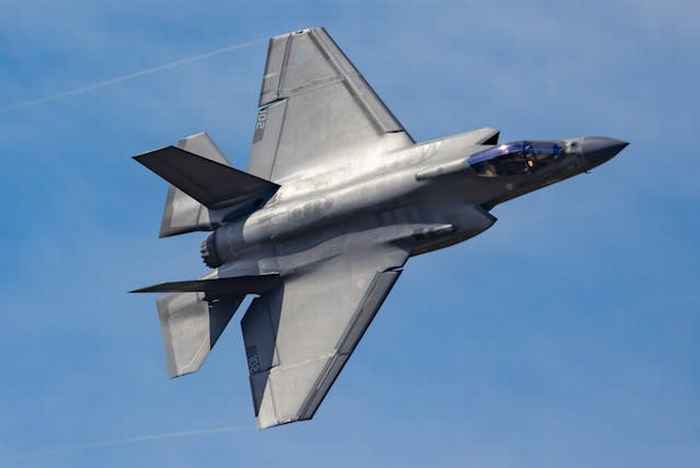Judicial Oversight of Arms Exports – Implications of the Supreme Court Judgment in the F-35 case
- Date
- 21 November 2025
- Time
- 15:00 -16:30
- Location
- Roeterseilandcampus - building A
- Room
- REC A3.06-08 (third floor)

The Netherlands' participation in supply of F-35 parts
On 3 October 2025, the Dutch Supreme Court issued an important judgment concerning the legality under domestic, EU, and international law of the export of F-35 fighter jet parts to Israel after 7 October 2023. In essence, the Supreme Court requested the government to reassess export licenses within 6 weeks.
The background to this case involves the Netherlands’ participation in the US’ F-35 Lightning II programme. The Netherlands hosts one of three international hubs where parts (supplied by the US) are stored for delivery to States which use F-35 fighter jets. Following Israel’s devastating military operations in Gaza, Oxfam Novib, PAX Netherlands, and The Rights Forum contested the government’s decision to maintain the general export license of F-35 parts. On 12 February 2024, the Appeals Court of The Hague found, in disagreement with the district court, that there was a ‘clear risk’ of serious violations of international humanitarian law according to the Criterion Two of the EU Common Position. The government was found to be acting unlawfully by not preventing the export and transit of F-35 parts to Israel.
In the recent judgment, the Dutch Supreme Court referred the decision back to the Ministry—after almost two years of legal proceedings and genocide in Gaza. The Supreme Court’s reasoning is intriguing in itself. On the one hand, it confirmed that if the Minister conducts a reassessment and finds a ‘clear risk’, they must suspend or revoke the license. On the other hand, however, the Supreme Court left the decision to the political branch, on the basis that civil courts (in preliminary relief proceedings) must exercise restraint and respect the state’s discretion in matters of security and foreign policy. In this roundtable, speakers (all confirmed) will discuss short- and long-term implications arising from the Supreme Court’s judgment and the meaning of judicial oversight in the context of arms exports.
Programme
15.00-15.45 Roundtable with:
- Alina Carrozzini (King’s College London)
- Machiko Kanetake (Asser Institute & University of Amsterdam)
- Frank Slijper (PAX)
- Thomas van der Sommen (Prakken d’Oliveira)
- Joëlle Trampert (University of Amsterdam, chair)
15.45-16.30 Discussion
16.30-17.30 Reception & networking
To confirm your attendance, please sign up with this form: https://forms.cloud.microsoft/e/XYUMj7Wn5w
